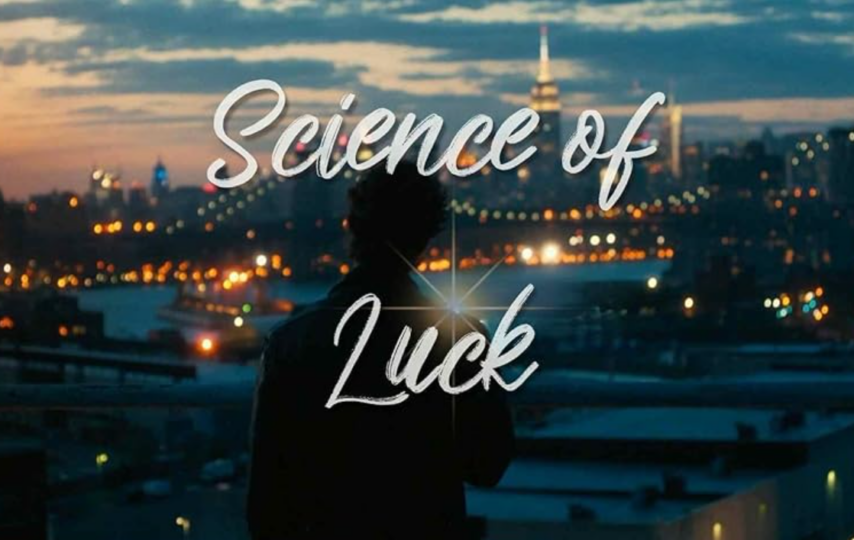In the realm of everyday life, the concept of luck often seems like a mystical force, shaping destinies and outcomes in unpredictable ways. However, when viewed through the lens of science, luck transforms into a fascinating interplay of randomness and probability, two fundamental elements that govern not just games of chance, but the very fabric of our existence.
Demystifying Luck: A Scientific Perspective
At its core, luck is often perceived as a random occurrence, seemingly devoid of any pattern or reason. However, science tells us that randomness is a natural part of the universe. For instance, when a dice is rolled in a dice betting game, the outcome is uncertain, yet it operates within defined probabilities. Each face of the dice, akin to opportunities in life, has an equal chance of being the outcome, demonstrating that luck can be understood, and to some extent, anticipated through probability.
The Role of Probability in Predicting Outcomes
Probability theory, a branch of mathematics, allows us to quantify the likelihood of various outcomes. In everyday decisions, understanding probability can help us assess risks and make more informed choices, subtly shifting the odds in our favor.
The Illusion of Control in Random Events
Humans have a natural tendency to seek patterns and predictability in life. This often leads to the illusion of control, especially in situations governed by chance. For example, in a casino setting, players may believe they can influence the outcome of a game by employing certain strategies. However, the science of probability illustrates that in truly random scenarios, such as a roll of dice or the spin of a roulette wheel, control is often an illusion.
Recognizing the Limits of Prediction
Embracing the limits of prediction and understanding the role of randomness can lead to healthier attitudes towards chance events. It promotes a more realistic approach to situations where outcomes are beyond our control, helping to alleviate undue stress and unrealistic expectations.
Probability in Everyday Life
Beyond games and gambling, probability plays a crucial role in everyday life. It influences decisions in fields as diverse as finance, weather forecasting, and medical diagnostics. For instance, when a doctor assesses the likelihood of a disease based on symptoms and test results, they are applying principles of probability.
Making Informed Decisions
By applying probability in decision-making, individuals and professionals can evaluate risks and benefits more effectively, leading to better outcomes.
Randomness and Creativity: The Unpredictable Spark
Randomness isn’t just about unpredictability; it can also be a source of creativity and innovation. In artistic endeavors, randomness can lead to unique combinations and ideas, sparking creativity in unexpected ways. Similarly, in scientific research, random mutations and accidental discoveries have led to significant breakthroughs.
Embracing Uncertainty for Innovation
Learning to embrace uncertainty can open doors to new possibilities and perspectives, encouraging a more flexible and creative approach to problem-solving and creation.
The Psychology of Luck: Perception Versus Reality
How individuals perceive luck can significantly impact their mindset and approach to life. Some people attribute their successes or failures to luck, overlooking the role of effort and decision-making. This perception can lead to a passive attitude, where one waits for luck to strike, rather than actively pursuing goals.
Shaping Our Destiny
Understanding the science behind luck empowers individuals to take charge of their choices, recognizing that while randomness plays a role, their actions and decisions are pivotal in shaping their destiny.
Conclusion: The Balanced View of Luck
In conclusion, the science of luck, through the lens of randomness and probability, offers a balanced view of this elusive concept. It teaches us that while we cannot control every aspect of our lives, we can understand the probabilities and make informed decisions. Whether in a dice betting game or life’s myriad choices, recognizing the interplay of chance and choice enables us to navigate the world more wisely, blending realism with optimism. In doing so, we become architects of our fate, crafting our paths with a blend of probability, choice, and a dash of serendipity.







